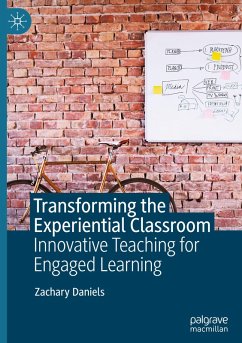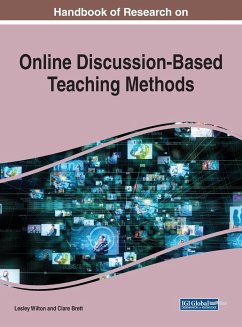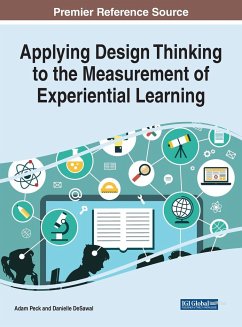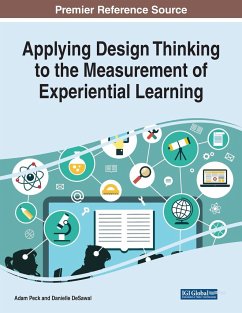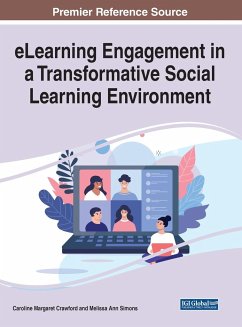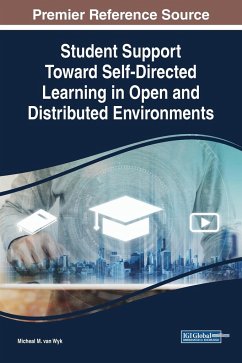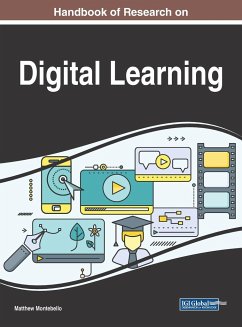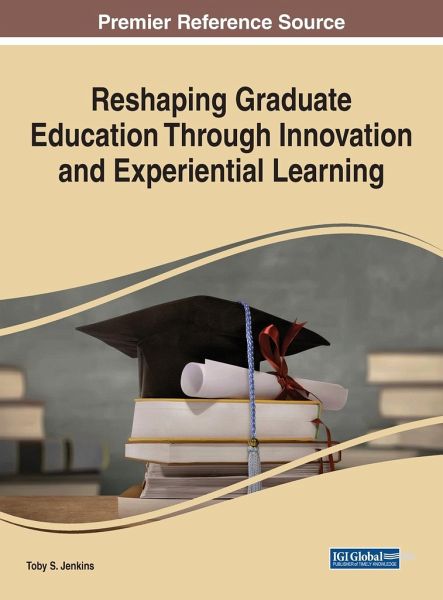
Reshaping Graduate Education Through Innovation and Experiential Learning
Versandkostenfrei!
Versandfertig in 1-2 Wochen
195,99 €
inkl. MwSt.

PAYBACK Punkte
98 °P sammeln!
Discussions on the importance and impact of pedagogical practice on students as whole persons are often concentrated on the P-12 or undergraduate learning experience. In higher education, many institutions do an outstanding job of complicating the undergraduate classroom to include civic engagement, community-based learning, education abroad, social action, and project-based learning. But, what about the graduate classroom? While there are indeed numerous graduate programs that push students to interact with strong, meaningful, difficult, and sometimes harsh facts, scholarship, and ideologies,...
Discussions on the importance and impact of pedagogical practice on students as whole persons are often concentrated on the P-12 or undergraduate learning experience. In higher education, many institutions do an outstanding job of complicating the undergraduate classroom to include civic engagement, community-based learning, education abroad, social action, and project-based learning. But, what about the graduate classroom? While there are indeed numerous graduate programs that push students to interact with strong, meaningful, difficult, and sometimes harsh facts, scholarship, and ideologies, the instructional methods have largely remained stagnant. New methods of constructing deep and meaningful learning in graduate education is essential for the transformation and continued evolution of graduate school instruction. Reshaping Graduate Education Through Innovation and Experiential Learning is a crucial reference book that offers practice-based reflections on efforts to infuse creativity, social action, engaged learning, or other creative interventions into the graduate classroom. The book includes personal narratives that are grounded in pedagogical perspectives from graduate school instructors who share their experiences with innovative and transformative teaching practices. The goal of the book is to encourage graduate school professors to engage social justice education as something to be experienced and practiced in their courses and not just as a concept to be studied. As such, the book covers topics such as self-directed learning, counseling, and community mapping. It is ideal for graduate-level instructors in the field of education and other related social science areas, as well as junior faculty as they establish a teaching practice or veteran faculty seeking creative transformation.







